Tag: north carolina
-
Madison Cawthorn loses re-election bid in NC-11 to state Sen. Chuck Edwards
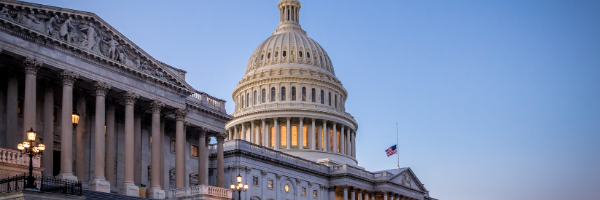
State Sen. Chuck Edwards won the May 17 Republican primary for North Carolina's 11th Congressional District. Eight candidates were on the ballot. Based on unofficial returns, Edwards received 33.4% of the vote while incumbent Madison Cawthorn received 31.9% of the vote. Cawthorn is the third U.S. Representative to lose a primary this year. Rep. David…
-
Here are the top 10 places North Carolina candidates and PACs are spending campaign money
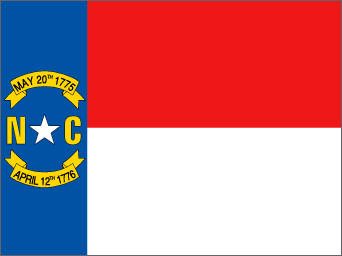
In North Carolina politics, state-level candidates and PACs spent $22.5 million between Jan. 1, 2021, and Dec. 31, 2021. More than $2.7 million or 12.0 percent of all campaign finance expenditures went to the 10 payees at the top of the list. A payee is an entity or individual who has received money from a…
-
Two candidates running for district attorney in North Carolina's 26th Prosecutorial District
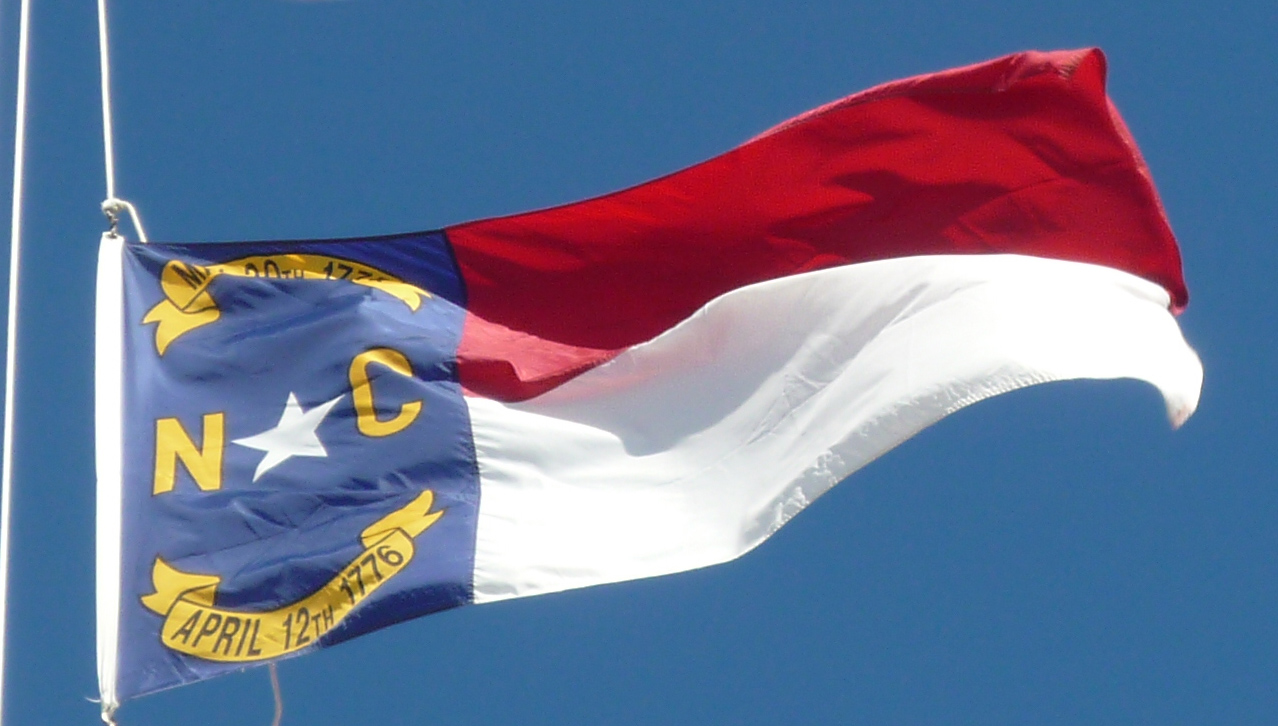
Incumbent Spencer Merriweather and Tim Emry are running in the Democratic primary for district attorney of North Carolina's 26th Prosecutorial District in Mecklenburg County, North Carolina, on May 17, 2022. No candidates filed to run in the Republican primary. Gov. Roy Cooper (D) appointed Merriweather as district attorney in November 2017. Merriweather ran for a…
-
The top 10 North Carolina candidates raised 22.4% of all donations

In North Carolina politics, state-level candidates and PACs raised $39.9 million between Jan. 1, 2021, and Dec. 31, 2021. More than $8.9 million or 22.4 percent of all donations was raised by the 10 individuals at the top of the list. Top 10 North Carolina candidates (1/1/2021 - 12/31/2021) Here are the 10 North Carolina…
-
Four candidates running in North Carolina's 1st Congressional District Democratic primary
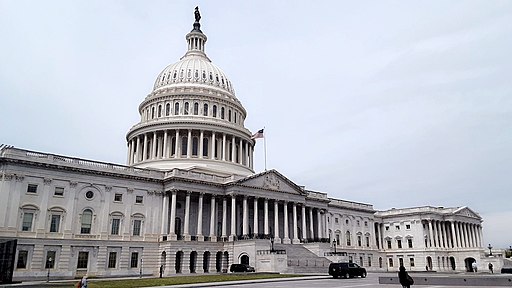
Four candidates are running in the Democratic primary for North Carolina's 1st Congressional District. Incumbent G.K. Butterfield (D), who has held the seat since 2004, did not file to run for re-election. Donald Davis and Erica Smith have raised the most money and received the most media attention. Davis has held a seat in the…
-
Eight candidates running in the Republican primary for North Carolina’s 13th Congressional District

Eight candidates are running in the Republican primary for North Carolina's 13th Congressional District on May 17, 2022. Incumbent Rep. Ted Budd (R) is running for the U.S. Senate and is not seeking re-election. The boundaries of North Carolina's 13th Congressional District changed as a result of redistricting, with the new district including all of…
-
Eight candidates running in North Carolina's 1st Congressional District Republican primary
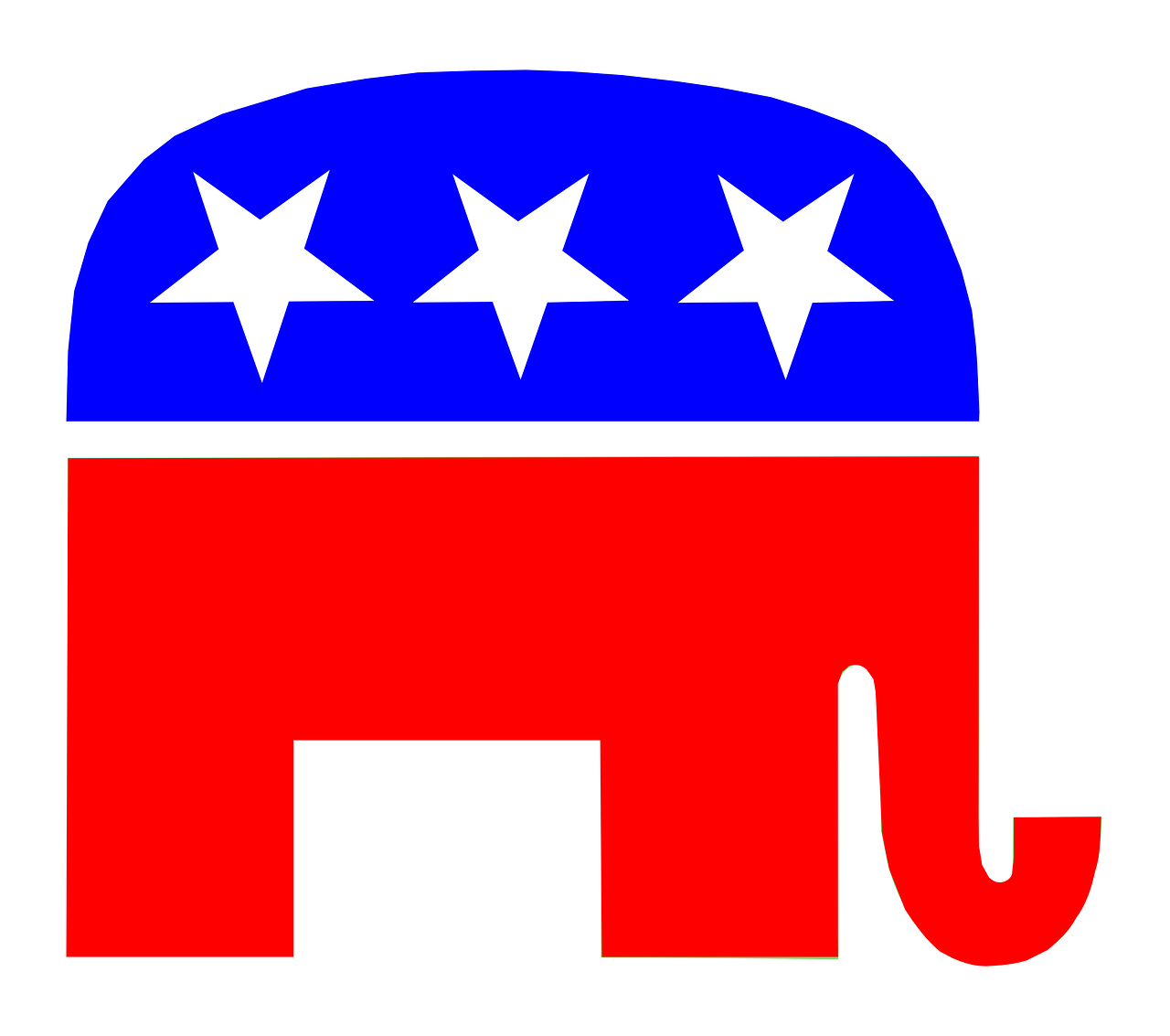
Eight candidates are running in the Republican Party primary for North Carolina's 1st Congressional District on May 17, 2022. Sandy Roberson and Sandy Smith led in endorsements and fundraising as of March 31, 2022. Will Aiken, Brad Murphy, Ernest Reeves, Brent Roberson, Billy Strickland, and Henry Williams are also running in the Republican primary. Incumbent…
-
North Carolina's 4th Congressional District Democratic primary

Eight candidates are running in the Democratic primary election for North Carolina's 4th Congressional District on May 17, 2022. Incumbent Rep. David Price (D)—first elected in 1986, defeated in 1994, and re-elected in 1996—is not seeking re-election. This is the first time the 4th District has been open since 1972. Media attention has focused on…
-
Guilford County voters in North Carolina to decide on sales tax increase and school bond measure on May 17

The Guilford County Board of Commissioners is asking voters to approve a 0.25% local sales tax increase and a $1.7 billion school bond measure at the May 17 primary election. One measure would authorize the county to issue $1.7 billion in bonds for constructing new schools, improving and expanding existing schools, and school equipment. The…
-
NCDP State Committee outraises every other state PAC with $1.44 million

In North Carolina, the North Carolina Democratic Party (NCDP) State Committee has raised more than any other non-candidate political action committee (PAC) in the 2022 election cycle so far. According to the most recent campaign finance reports filed with the North Carolina State Board of Elections, the NCDP State Committee raised $1.44 million and spent…

